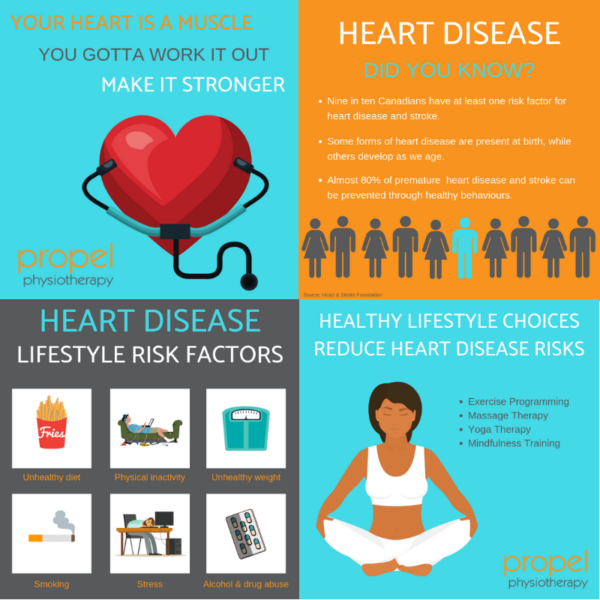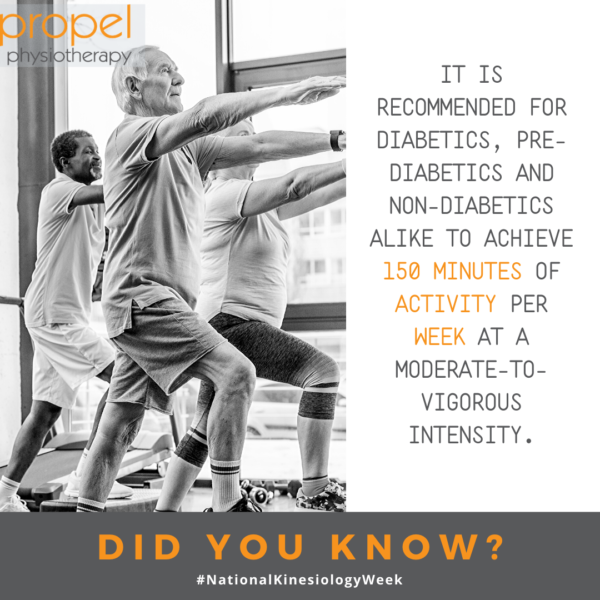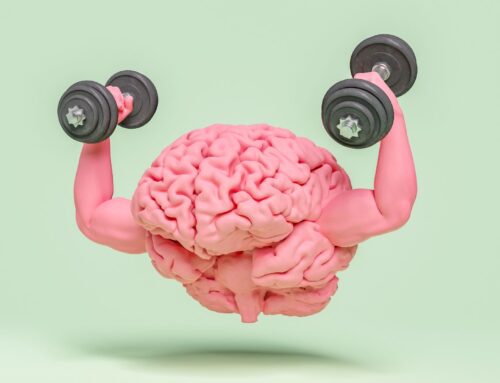With the start of the new year comes resolutions to exercise more and have a healthier lifestyle. Although many of us know that exercise is an important part of our daily lives, we may not truly understand the benefits of regular exercise and what it can do for us.
It’s important to remember that our bodies were made to move. Humans evolved from nomadic tribes who spent most days travelling long distances by foot in search of food and shelter. Our bodies were designed for regular activity. Over time, humans have become more and more sedentary leading to a variety of illnesses and conditions.
Exercise has been shown to have numerous positive physical and mental effects. Let’s take a closer look at some of the biggest benefits of regular exercise.
Exercise Improves Heart Health
Exercise is good for your heart and cardiovascular system. In fact, it is essential in the prevention of heart attacks and strokes. When you become physically active, you train your heart to be more efficient. The heart beats slower and stronger so it requires less oxygen to function. Your arteries become more resilient, working better to move your blood to where it needs to go, thereby lowering blood pressure.

You may also enjoy reading: How to Reduce Heart Disease Risks
Exercise also helps to regulate insulin levels and prevent diabetes. Muscles that are used to working are better able to utilize insulin and thereby lower the level in your bloodstream.[i] Exercise also helps other areas of cardiac health including lowering bad cholesterol, increasing good cholesterol and controlling body weight.

Exercise Improves Mental Health
Physical activity has increasingly been shown to have a positive effect on mental health. Aerobic exercise has been shown to improve mood and reduce anxiety and depression. Endorphins are released into the bloodstream though physical activity that help to promote feelings of well being.
Exercise can also help improve cognitive function. A literature review looking into the effects of exercise concludes that physical activity can improve neuroplasticity, memory, executive functioning (i.e. attention, problem solving) and counteract neurodegeneration (prevent, delay or treat cognitive decline).[ii]
You may also enjoy reading: Can Exercise Improve Brain Health?
Exercise for Life in Forward Motion
As you get older, exercise becomes even more important in maintaining independence and mobility. Physical activity is vital in improving and maintaining flexibility, strength and balance. Maintaining good physical health can improve pain and fatigue associated with many chronic illnesses.
At Propel Physiotherapy, movement is the foundation for our preventative and rehabilitation programs. We take an active approach to working with all clients regardless of their previous level of activity.
No matter your age or circumstance, it is always possible to improve your ability to move. Whether your goal is to do your own groceries, play with your grandkids or compete in the Paralympics.
Let our therapists help you in designing, maintaining and progressing a physical activity program that is right for you.
You may also enjoy reading: The Benefits of Group Exercise
Written by
FOLLOW US!
OUR SERVICES
CLASSES
[fusion_events cat_slug=”fitness,parkinsons” past_events=”no” number_posts=”1″ columns=”1″ column_spacing=”” picture_size=”cover” padding_top=”” padding_right=”” padding_bottom=”” padding_left=”” content_length=”” excerpt_length=”” strip_html=”” pagination=”no” hide_on_mobile=”small-visibility,medium-visibility,large-visibility” class=”” id=”” /]







